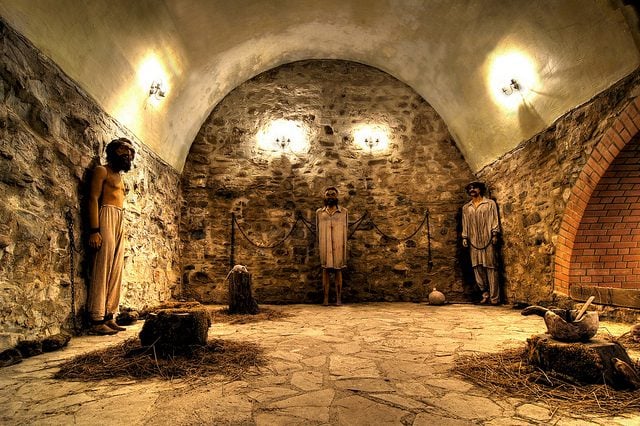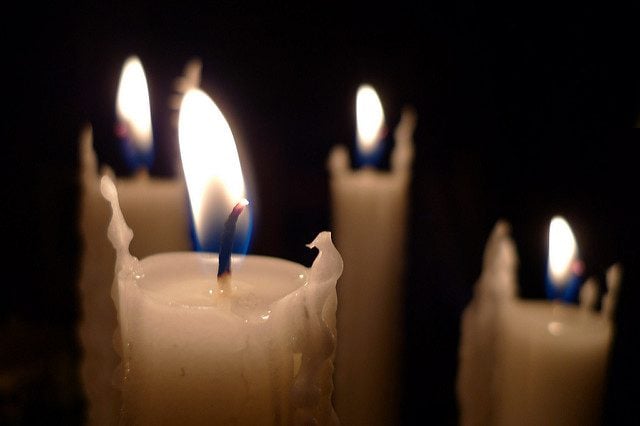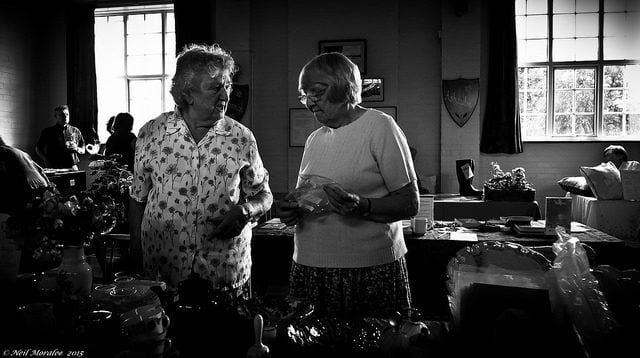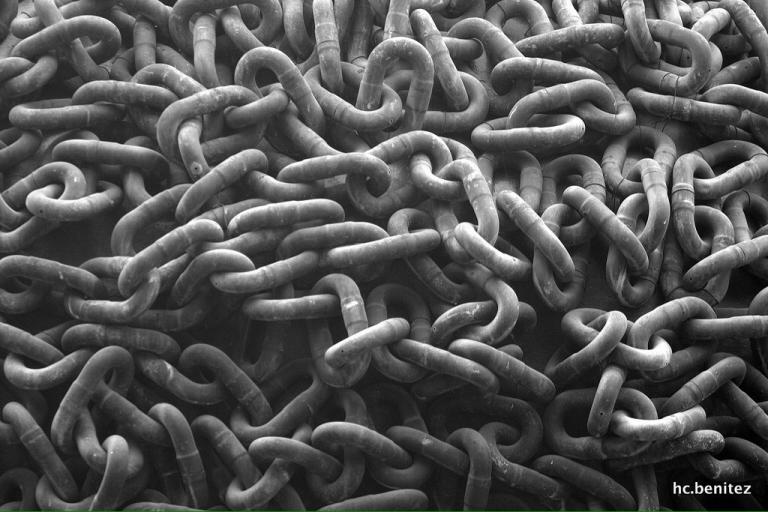This week, churches across America will memorialize, mourn and remember the almost 4,000 people who died tragically in the terrorist attacks on Sept. 11, 2001.
But as these congregations understandably mark the 10th anniversary of the attacks, I would wager that a great many won’t think to mention the 25,000 people who died that day from hunger and hunger-related causes.
They won’t remember the 16,000 children that died that day because they did not have enough to eat.
They won’t remember that tragedy on a scale much larger than the 9/11 attacks is unfolding every day in the Horn of Africa where a devastating famine is wiping out hundreds of thousands every day.
We call 9/11 the greatest tragedy in our history. In a single day, we lost 3,000 lives. While undeniably tragic, the casualties are but a fraction of the death toll expected from the famine in the coming months as the famine and drought worsens. The United Nations estimates that some 750,000 people — three-quarters of a million men, women and
children — will die, a troubling statistic that has more than doubled since the famine was declared in July.
The accounts of the famine are as startling and wrenching as the statistics. The famine has struck children first. Every day parents are forced to watch helplessly as their children shrink and die of starvation, and all told, this happens more than a thousand times each day in the Horn of Africa.
When I read the accounts of the Great Famine, of families wandering through parched deserts after crop failures hoping to find refuge, food and water, burying emaciated children in the dust, I cannot help but be reminded of our ancient biblical mother, Hagar, who also endured such starvation in the desert and resigned her own son to the sand.
As the well-known story goes, Abraham forced Hagar and their son, Ishmael, away to wander the desert with little more than bottle of water and some bread. When the water and food had run out, Hagar placed her son under the shade of a bush, and she turned away so she would not have to watch her young son die.
“Let me not look upon the death of the child,” she says in Genesis before weeping and crying out to God for help.
I find myself echoing her words as reports about the famine come in like a mournful antiphon, rationalizing with sentimental emotionalism that I just can’t read any more or that it just makes me sick to read about such horrible tragedy.
But we refused to avert our eyes when tragedy hit on Sept. 11, 2001. In fact, our talking heads and politicians commanded us to “never forget,” replaying the images and invoking their memory at every turn. Indeed, we did not forget. In fact, we launched to wars to ensure we would mark that day as a fateful one, a day in which we fought against tragedy. In fact, I imagine most Americans can remember exactly what they were doing when we heard the news and watched, and re-watched, the horror of the crashing planes, the collapsing towers, the death of so many, all on live television, in real-time.
No, we did not avert our eyes. We will always remember what we were doing when those 3,000 people died on Sept. 11. It seems unlikely many of us will remember what we were doing when 25,000 people die from hunger this Sunday, Sept. 11. It seems unlikely many of us will remember what we were doing when almost a million people died from starvation.
Perhaps it is time to look upon the death of the children in the desert. And never forget. And to fight tragedy.
Fight now with Oxfam, Episcopal Relief and Development, or one of the many organizations working in East Africa.











